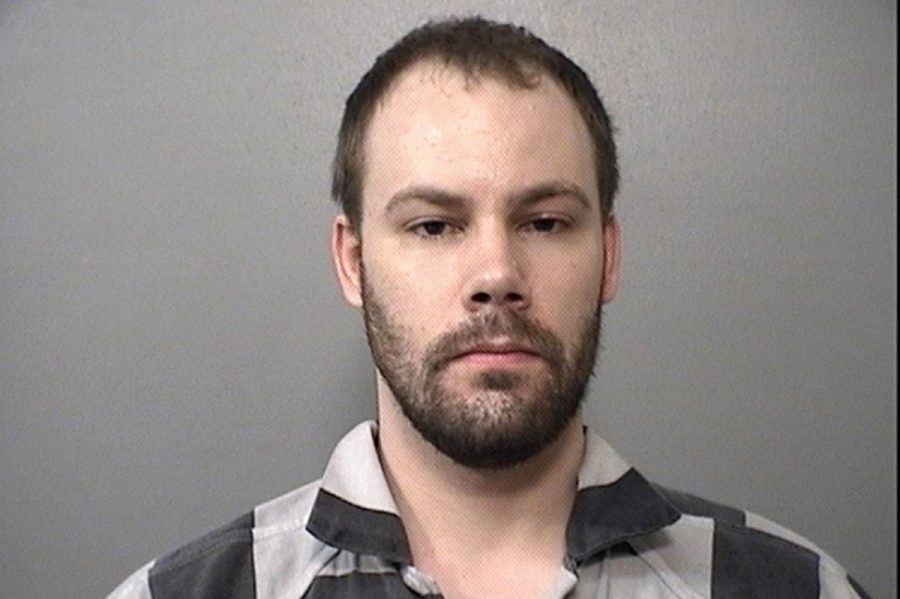Accused kidnapper’s lawyers ask for dropped charge, venue change
Brendt Christensen’s lawyers filed 12 pretrial motions Monday.
January 17, 2018
Attorneys of Brendt Christensen, former University physics student and accused kidnapper, filed 12 pretrial motions totaling 663 pages on Monday. These include one to change the trial venue to Northern Illinois and another to drop the main charge of kidnapping resulting in the death of Yingying Zhang, a visiting Chinese scholar.
For the motion to drop the main charge of kidnapping resulting in death, the lawyers presented two arguments.
The first is that, according to Christensen’s lawyers, prosecutors lack evidence Zhang was coerced or forced into his car.
Christensen’s attorneys argue the evidence does not suggest he seized, abducted or carried Zhang away without her consent. “This leaves the government with having to show that Mr. Christensen enticed Ms. Zhang into his car through false pretense,” they wrote.
They also claimed the federal prosecutors don’t have jurisdiction and the case should be a state matter rather than a federal matter.
Get The Daily Illini in your inbox!
Previously, the case was elevated to a federal court because of the alleged use of a Motorola cell phone and a Saturn Astra vehicle, referenced as tools of interstate commerce, in the kidnapping. The lawyers argue that “(to) counsel’s knowledge, there is no evidence suggesting that (Christensen) contacted Ms. Zhang in any way, whether by way of a telephone call or use of the internet on his phone.” They also stated the vehicle could not be considered an instrument of interstate commerce if it did not cross state lines.
Christensen’s attorneys additionally filed to change the venue with the argument that extensive coverage by The News-Gazette and other local publications has resulted in inherently prejudicial publicity.
According to the motion, the News-Gazette published “no fewer than 55 articles about the case” between June and December last year. The attorneys also used News-Gazette comment sections as evidence of the “overwhelmingly negative” response to the case as well as public bias against Christensen.
Motions were filed to suppress evidence and are predicated on new information that Christensen’s attorneys revealed regarding events between the last time Zhang was seen on June 9 and Christensen’s arrest on June 30.
One of the motions was to exclude testimony from Christensen’s wife, citing marital privilege.
On June 9, a female graduate student was asked to identify a man who approached her under suspicious circumstances from an array of pictures that included Christensen. Among other cited procedural mistakes, the lawyers objected to the fact that though the woman stated that the man who approached her was clean shaven, she was only shown pictures of men with facial hair.
The lawyers objected to the search of Christensen’s apartment and car on June 14 because both occurred either before Christensen’s wife had given consent, and even when she did, the situation made her feel like she had no other choice.
After being questioned for an hour and a half on June 15, Christensen’s lawyers said that he invoked his right to counsel, but was still questioned while waiting to be taken to Ford County jail. He was also interviewed again on June 17 without counsel present.
On June 23, a female associate of Christensen was directed by the FBI to text Christensen “for the purpose of eliciting incriminating statements from him.” The lawyers argued that the FBI agents directing the informant should have known that Christensen had twice invoked his Miranda rights beforehand.
The lawyers object to a recorded conversation with the same informant on June 29 for the same reason, as well as statements made during conversations between Christensen and his cellmate on July 3 as his lawyers believe that the cellmate was another FBI informant.
Both parties were given until Jan. 29 to respond to these pretrial motions, and Christensen’s trial date remains set for Feb. 27.







